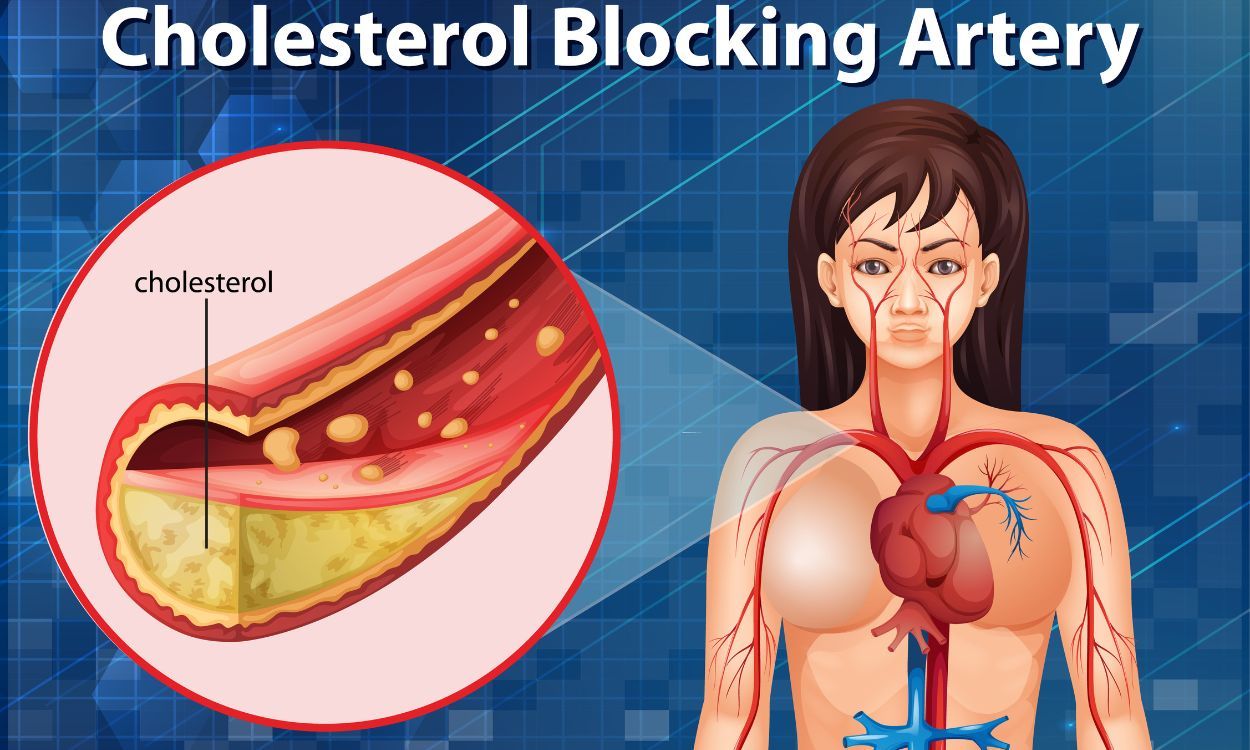How Thyroid Problems Can Affect Cholesterol Levels and What You Can Do About It
Are you struggling with high cholesterol levels despite following a healthy diet and exercise routine? It could be due to an underlying thyroid problem. The thyroid gland, located in the neck, produces hormones that regulate metabolism and affect various bodily functions, including cholesterol levels.
Thyroid problems can lead to an imbalance in hormone production, which can affect the way your body processes cholesterol. Hypothyroidism, or an underactive thyroid, can cause cholesterol levels to rise, while hyperthyroidism, or an overactive thyroid, can cause cholesterol levels to drop.
In hypothyroidism, the thyroid gland does not produce enough hormones, leading to a slower metabolism. This can cause an increase in low-density lipoprotein (LDL) cholesterol, also known as “bad” cholesterol, which can build up in the arteries and increase the risk of heart disease. Hypothyroidism can also lead to an increase in triglycerides, another type of fat in the blood that can contribute to heart disease.
On the other hand, hyperthyroidism can cause an increase in high-density lipoprotein (HDL) cholesterol, also known as “good” cholesterol, which can help remove LDL cholesterol from the bloodstream. However, if left untreated, hyperthyroidism can lead to a decrease in HDL cholesterol and an increase in LDL cholesterol, increasing the risk of heart disease.
If you have a thyroid problem, it is important to work with your healthcare provider to manage your cholesterol levels. Treatment for hypothyroidism typically involves taking synthetic thyroid hormone medication to replace the hormones your thyroid gland is not producing. This can help regulate your metabolism and lower cholesterol levels.
For hyperthyroidism, treatment may involve medication to slow down the production of thyroid hormones or radioactive iodine therapy to destroy some of the thyroid gland. Once the thyroid gland is under control, cholesterol levels should return to normal.
In addition to medical treatment, lifestyle changes can also help manage cholesterol levels. Eating a healthy diet low in saturated and trans fats, exercising regularly, and maintaining a healthy weight can all help lower cholesterol levels and reduce the risk of heart disease.
At Fitpaa, we understand the importance of managing thyroid problems and cholesterol levels for overall health and wellbeing. Our AI-driven metabolism monitoring and management technology can help you achieve your health and fitness goals, including managing cholesterol levels. Our personalized Fitpaa Capsule, based on your metabolism, health and fitness goals, current lifestyle, and eating habits, can help optimize your metabolism and regulate various hormones, including those related to cholesterol. With our real-time guidance technology and expert team of fitness coaches, nutritionists, and doctors, we can help you achieve your health and fitness goals with a 100 percent guarantee.
Don’t let thyroid problems and high cholesterol levels hold you back from living your best life. Download the Fitpaa app today and start your journey towards optimal health and wellbeing.









